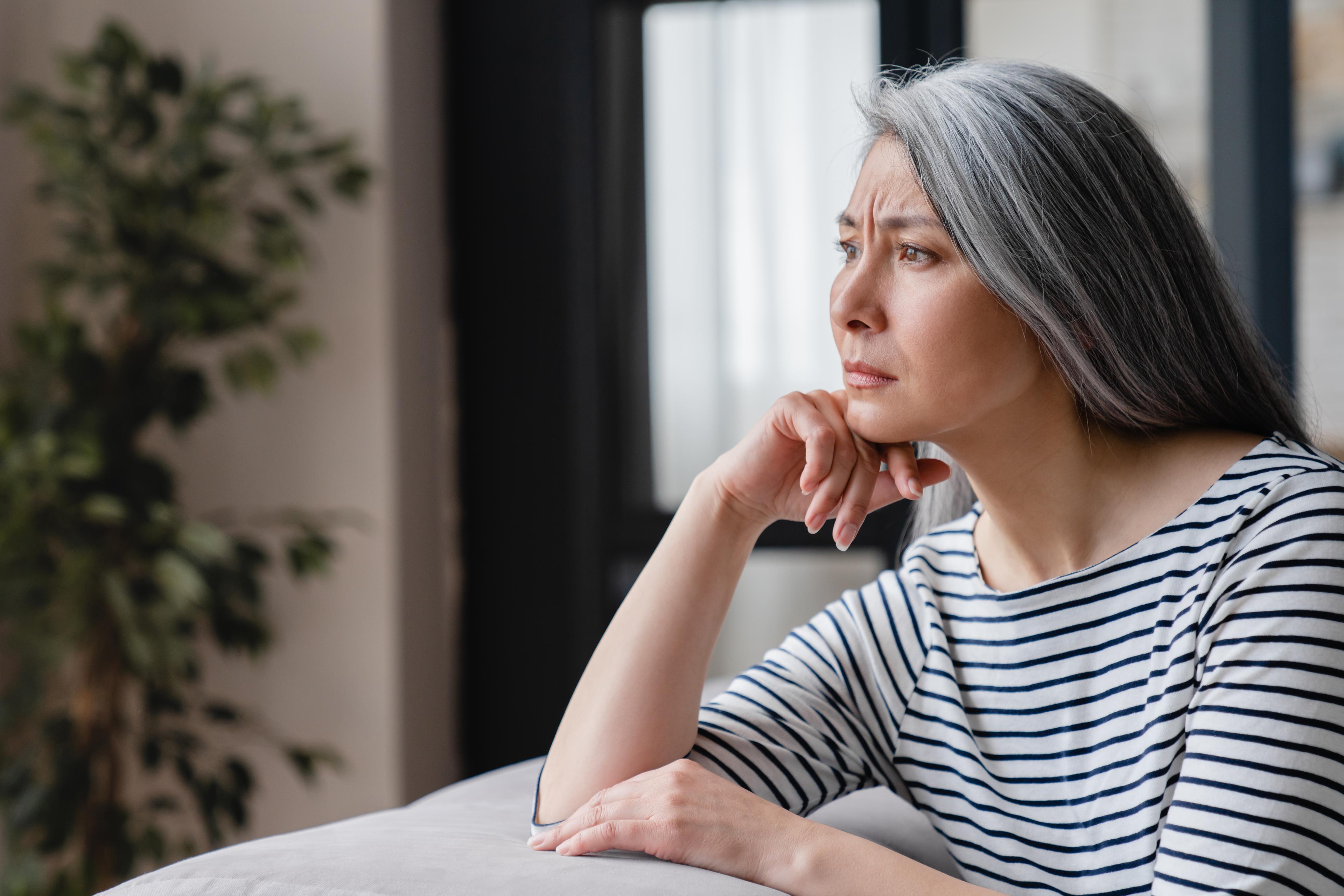If you’re a woman going through menopause, or you’re perimenopausal, you’ve likely heard the news that there’s an HRT shortage in the UK at the moment. And honestly, it’s a terrifying prospect for many. So, what does this mean for British women? How does the menopause impact skin? And what can menopausal and perimenopausal women do to help improve their skin?
How the HRT Shortage is Affecting Menopausal Women
What is HRT?
Ok, so first of all, what is HRT? HRT stands for Hormone Replacement Therapy, which comes in the form of skin patches, gels, implants and tablets. And, as the name suggests, it replaces the hormones (mainly oestrogen) that deplete as we start to go through the menopause, and helps eleviate the seeming never ending list of symptoms we experience going through it. Think hot flushes, night sweats, vaginal dryness and discomfort, brain fog, extreme anxiety... Not to mention the signs of ageing we start to notice when it comes to our skin, which I’ll cover in more detail in a moment. Menopause can be a terrifying time for women, many of whom feel like a totally different person to the one they were before. But HRT can help them regain part of themselves.
Why is there an HRT shortage?
Over the last few years, HRT prescriptions have doubled to 500,000 a month in England, and that’s set to continue growing. This is, in part, due to the fact that people have started to talk about it more. For ages, it was something that you might only speak to your doctor about. Something that men liked to joke about. But - and I’m so happy about this - more and more celebs, including Davina McCall and Lisa Snowden, have been talking openly about menopause in recent years, starting up wider conversations and removing the stigma. Finally!
But it seems that the manufacturers weren’t quite so prepared for such an increase in demand, with supplies running low. And menopausal women are the ones to suffer. And it’s no joke.
Oh, the irony that’s it’s called menopause! If men had to go through it, would we even have a shortage? Would they be buying it on the black market, or having to get their mates abroad to order it for them? Would they have to practically (in many cases) beg their doctors for it and fight until they got prescribed it? Doubt it! My guess is that it’d be readily available and never something to be ridiculed, but something we’d all be feeling sympathetic towards. But hey! That’s a separate conversation altogether.
So, how does menopause affect skin?
As I mentioned earlier, it all comes down to a depletion in oestrogen levels. As we enter perimenopause, which is the stage just before menopause, our ovaries produce less oestrogen and progesterone. This lack of oestrogen leads to many skin changes, such as dryness, thinning, a lack of elasticity, a reduction in collagen, skin sagging and acne. It’s never ending as a woman, right? So, how can you look after your skin once you reach menopause? Let’s take a look.
How to look after menopausal skin, with or without HRT
Now that menopause has become such a hot topic, it means that, hopefully, women can get the information and treatment they need. And hopefully, the manufacturers can get their bums into gear and get HRT supplies back up to where they need to be. Because there are a lot of women out there right now who are in desperate need of it, for the sake of their physical and mental health.
In the meantime, what can menopausal and perimenopausal women do to help improve their skin? We recently spoke to the lovely Gaynor Hughes, aesthetic pro over at Aistheta Skin Clinic, who explained how menopausal women can look after their skin.
She says, “We can’t stop the natural ageing process but we can help improve the effects of it. Oestrogen is involved with the skin’s collagen, elastin and hyaluronic acid production, so I recommend skincare products that address these processes.
It’s also about understanding a patient’s lifestyle, diet and general health, which are all contributing factors. For starters, I address the skin barrier function, as this is often inadequate, and epidermal water loss creates issues as the skin ages. It is about educating patients about what is going on in the skin and why they have developed their skin concerns.
Other skin care products I would recommend are a good cleanser, vitamin C, retinol and a broad spectrum SPF 50. I would, of course, recommend the Emepelle day and night cream too, as these contain all you need for oestrogen deficient skin. They also contain antioxidants and vitamin A.”
You can read all about Gaynor’s own skin changes during menopause here.
Now, come on manufacturers - let’s get those stocks up and help get the hundreds of thousands of women taking HRT each month back to feeling like themselves again. It’s not much to ask!
Interested in slowing the signs of ageing, or getting help with menopausal skin? Glowday lists thousands of top skin specialists, who are there to help.

